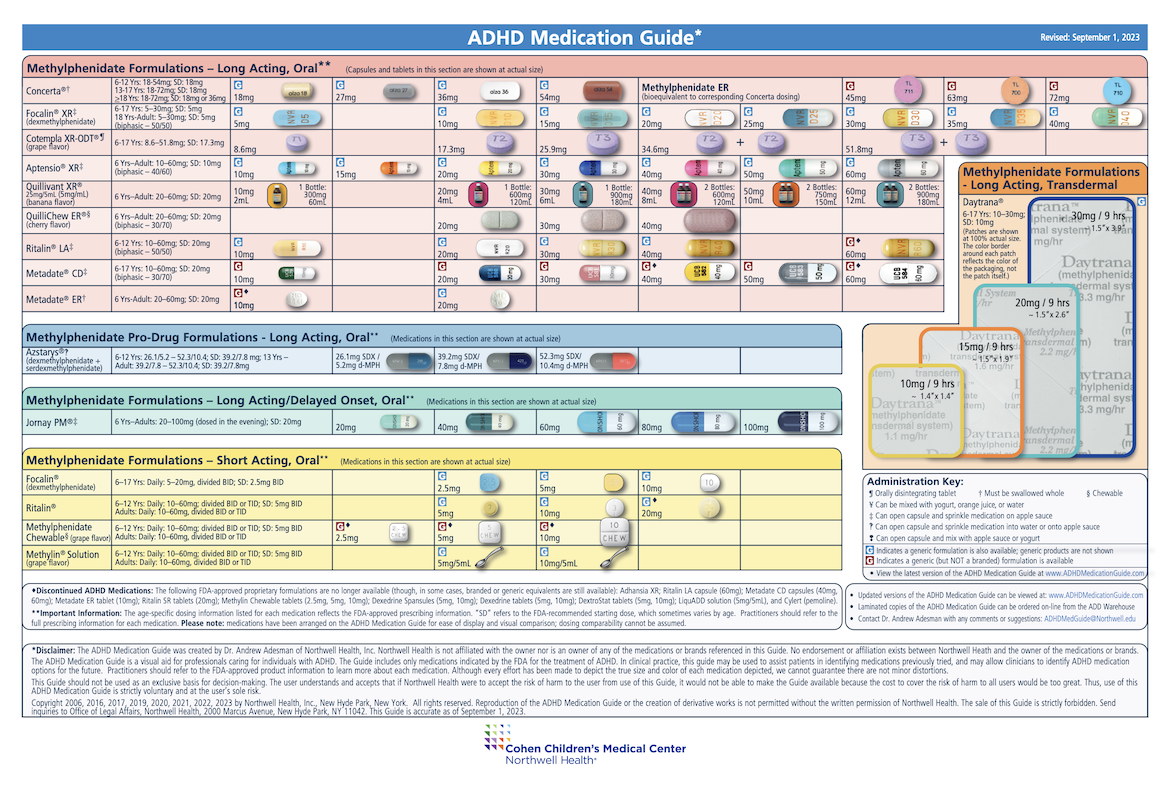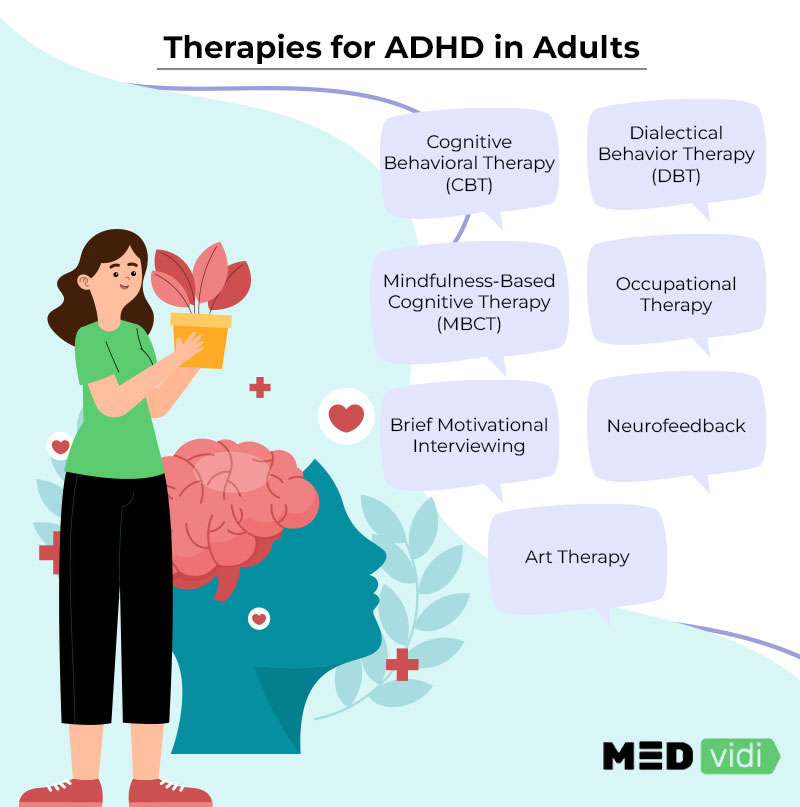Telehealth Psychiatrist Options for Confidential Mental Health Support
Exploring Efficient ADHD Treatment Alternatives for All Ages
The complexities of Interest Shortage Attention Deficit Disorder Disorder (ADHD) existing distinct difficulties throughout various age groups, requiring an extensive expedition of effective therapy alternatives. A mix of behavior therapies, medicinal interventions, and way of life adjustments has shown pledge in attending to the diverse needs of individuals with ADHD.
Understanding ADHD and Its Influence
Attention-Deficit/Hyperactivity Problem (ADHD) is a neurodevelopmental problem characterized by consistent patterns of inattention, attention deficit disorder, and impulsivity that can significantly influence different elements of an individual's life. It generally manifests in childhood years, although symptoms can continue right into their adult years. The core signs and symptoms of ADHD can disrupt academic efficiency, hinder social communications, and make complex occupational undertakings.
Individuals with ADHD usually deal with keeping emphasis on jobs, organizing activities, and following through on guidelines, which can bring about scholastic underachievement (Depression Treatment). In social contexts, impulsivity may lead to difficulties in forming and maintaining connections, as individuals might interrupt discussions or make rash decisions without thinking about consequences
Additionally, ADHD can co-occur with other mental health conditions, such as anxiety and clinical depression, additionally complicating diagnosis and treatment. The variability in symptom discussion means that ADHD can impact people in different ways, requiring a personalized method to management. Comprehending ADHD's diverse effect is vital for creating effective approaches that sustain individuals in navigating day-to-day obstacles and accomplishing their possibility. Comprehensive understanding of ADHD's nature and implications prepares for discovering appropriate therapy choices tailored to each person's needs.
Behavioral Therapies for ADHD
Many behavior modifications have actually been developed to efficiently attend to the challenges related to ADHD, concentrating on changing specific actions and fostering crucial abilities. Among the most identified approaches are cognitive-behavioral treatment (CBT), parent training, and social abilities training.
CBT assists individuals identify and change unfavorable thought patterns and habits, advertising a more positive outlook and enhanced self-regulation. This treatment typically includes practical approaches for managing impulsivity and enhancing organization. Moms and dad training programs empower caretakers by outfitting them with strategies to enhance favorable habits and established constant boundaries, which can be specifically valuable for youngsters with ADHD.
Social abilities training is another important component, teaching people with ADHD exactly how to connect efficiently with peers - Depression Treatment. This strategy often involves role-playing and responses to boost communication, teamwork, and conflict resolution abilities
Integrating these behavioral therapies into a detailed treatment strategy can dramatically boost functioning and quality of life for people with ADHD. Eventually, the performance of these therapies depends upon tailored techniques that think about the unique requirements of everyone, therefore promoting durability and flexibility in day-to-day live.
Drug Options Available
For many people Source with ADHD, drug can play a substantial duty in managing signs and symptoms and boosting total functioning. The 2 primary groups of medicines recommended for ADHD are energizers and non-stimulants.
Energizers, such as methylphenidate and amphetamine-based drugs, are one of the most frequently used therapies. These medicines function by increasing the degrees of neurotransmitters, particularly dopamine and norepinephrine, in the mind, which aids improve focus and minimize impulsivity and attention deficit disorder. They often yield quick results, making them a preferred choice for lots of patients.

It is vital for doctor to conduct a comprehensive assessment to determine the most appropriate medication based on individual requirements, case history, and prospective side results. Routine follow-up and monitoring are likewise important to guarantee the effectiveness of the selected therapy and to make any type of essential changes.
Lifestyle Changes to Take Into Consideration
Managing ADHD efficiently prolongs past medicine, as way of life adjustments can dramatically improve total health and sign control. Incorporating structured routines is vital; constant schedules help people with ADHD handle their time successfully and mood affective disorder minimize sensations of bewilder.
Normal physical task is another crucial part. Exercise not just assists to improve concentration however additionally improves state of mind and decreases anxiety degrees. Tasks such as yoga or group sports can be specifically advantageous, promoting both physical conditioning and social communication.
Nutrition likewise plays a pivotal duty. Depression Treatment. A balanced diet plan abundant in omega-3 fatty acids, whole grains, and lean healthy proteins can add to enhanced focus and cognitive feature. Restricting sugar and processed foods is a good idea, as these can aggravate hyperactivity and impulsivity
Rest hygiene is vital for taking care of ADHD signs and symptoms. Establishing a normal sleep timetable and developing a peaceful environment can boost sleep quality, bring about much better focus and psychological guideline.
Alternative and Alternative Approaches
Different and holistic strategies to ADHD therapy provide a varied array of choices that match traditional techniques. These methods often concentrate on way of living adjustments, dietary treatments, and therapeutic techniques that intend to enhance overall health while attending to ADHD signs and symptoms.

Mindfulness and behavior treatments are also getting traction as all natural treatments. Practices such as yoga, meditation, and cognitive-behavioral therapy can cultivate self-regulation and improve attention. These techniques sustain psychological durability, which is especially helpful for individuals with ADHD.
Herbal supplements, such as ginkgo biloba and ginseng, are often explored; nevertheless, it is essential to get in touch with healthcare professionals before including these into treatment plans. While choice and alternative strategies can supply beneficial support, they need to ideally be used along with evidence-based treatments to accomplish optimum results for managing ADHD across any ages.
Verdict
In recap, effective ADHD treatment necessitates a comprehensive strategy that includes behavior therapies, drug, way of life adjustments, and holistic techniques. Tailored treatments can significantly improve individuals' functioning and lifestyle, while ideal medication ensures ideal signs and symptom administration. Embracing structured always sad regimens, involving in normal physical activity, and exercising mindfulness can improve psychological law and attention. This multifaceted strategy underscores the importance of personalized treatment in resolving the diverse demands of individuals with ADHD across any age teams.